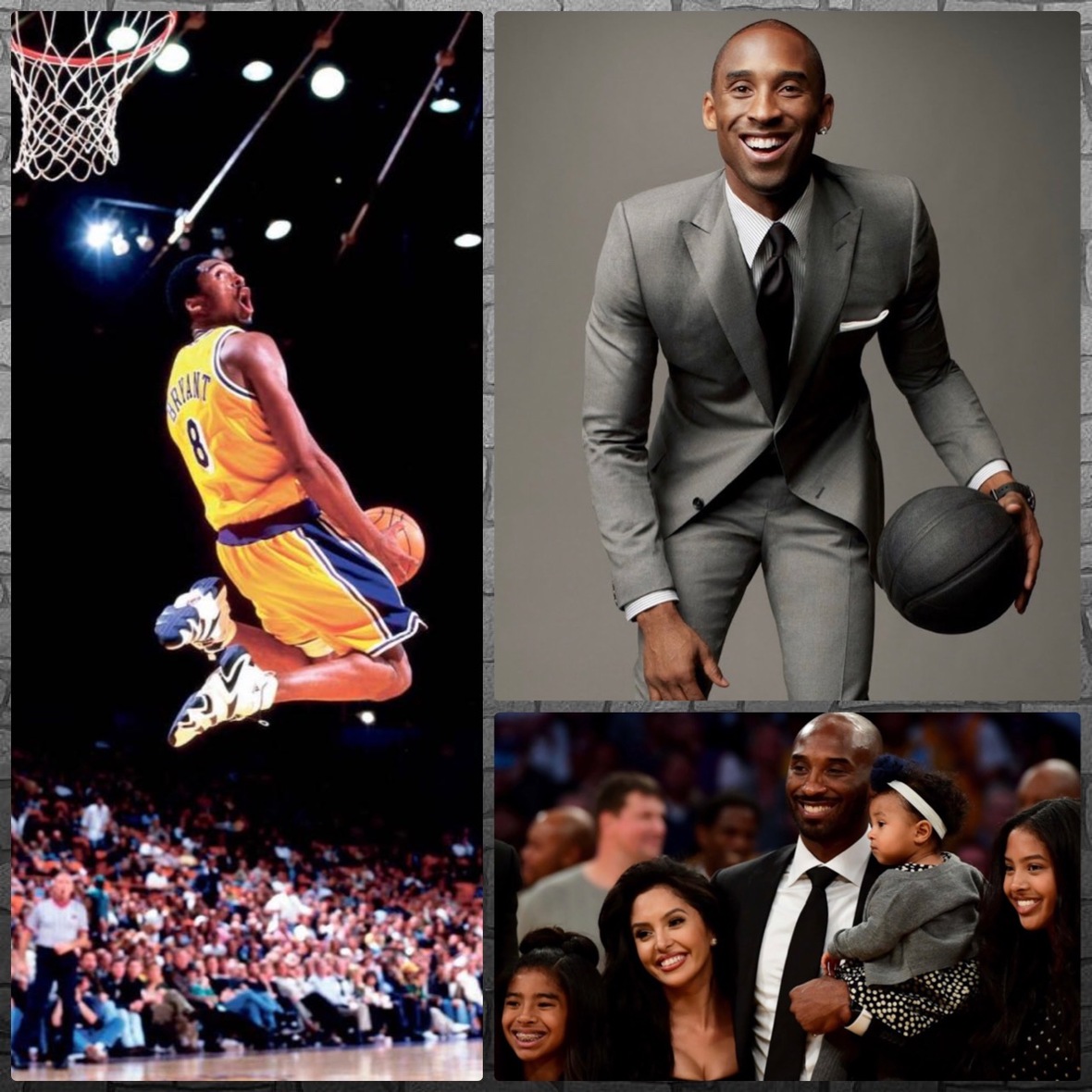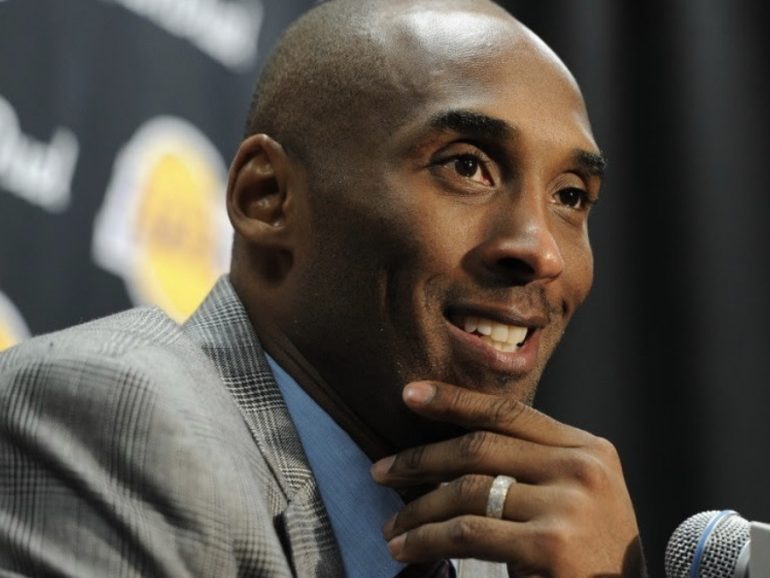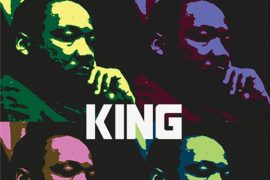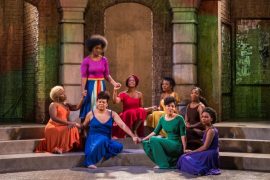I attend a business conference annually in December. In 2019, Kobe Bryant was one of the keynote speakers.
I am not a sports fan and have actually been to one professional basketball game in my life. A friend insisted I attend a game to watch Michael Jordan play; he said it was shameful that I had not seen Michael on the court. I was impressed, but did not attend another game, even with great seats.
Kobe’s luncheon address was impressive. He spoke the language of his nickname, Black Mamba. He talked to an audience of mostly whites, holding the males spellbound. I sat at a table with white men and I was the only Black woman.
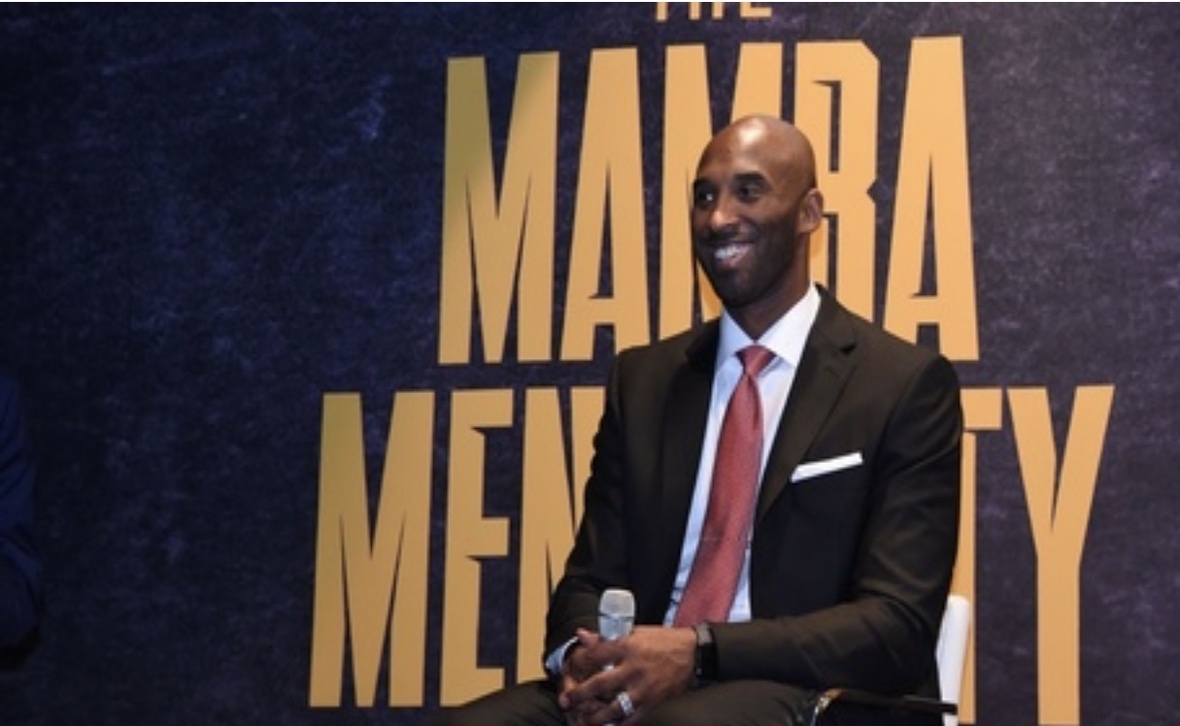
Kobe talked about his new career. He had my full attention as he talked about “storytelling.” He was writing children’s books for girls. Some of the books would become films, and tales for Black girls. He wanted to tell little girls how to win. He was writing his mamba mantra for his daughters.
His stimulation and focus came from his four daughters. He talked about his daughter, Gianna, who was on her way to playing basketball professionally. He wanted her to know how to win the game and win in life. He wanted her to be her own person and independent. He wanted to teach all of them about winning.
Kobe’s speech was touching, passionate and serious. We were listening to a great sportsman, who superceded his game. He was talking about success. As a man, as a sportsman. He was looking at the inequities in the world for women, especially in sports. He wanted to do something about it.
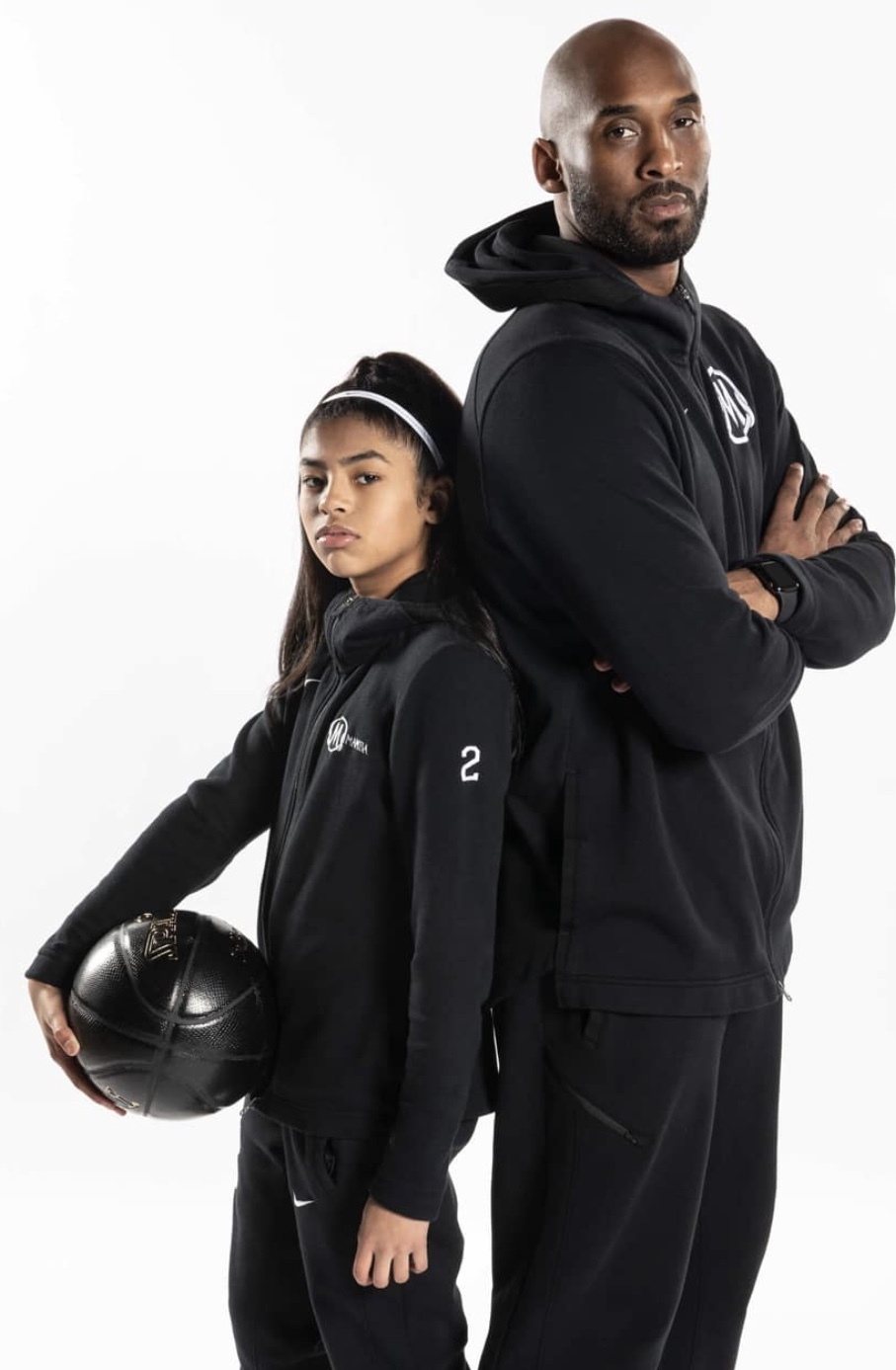
He talked about his daughter’s game and abilities. She was fierce as she competed. He was teaching her the skills of competition. He talked about raising daughters differently than raising boys. He said she came to him with the idea of playing basketball. He did not bring the game to her. He wanted her to know how to win and he labeled himself, a “girl dad”.
He took his daughter and seven of her girl friends and began to drill them on the game of basketball. He admitted he did not give them a break. They were disciplined as they went to practice every day for three hours. He said he was hard on them, just as he would be on professionals.
Someone asked him if he was to be the next Michael Jordan. Kobe Bryant replied, “No, I am going to be the first Kobe.”
He was proud. He talked about his ideas of storytelling, that the stories he would write came from conversations with his girls. He had a storytelling team. He built a studio and had a film team. He won an Academy Award for his first film, Dear Basketball.
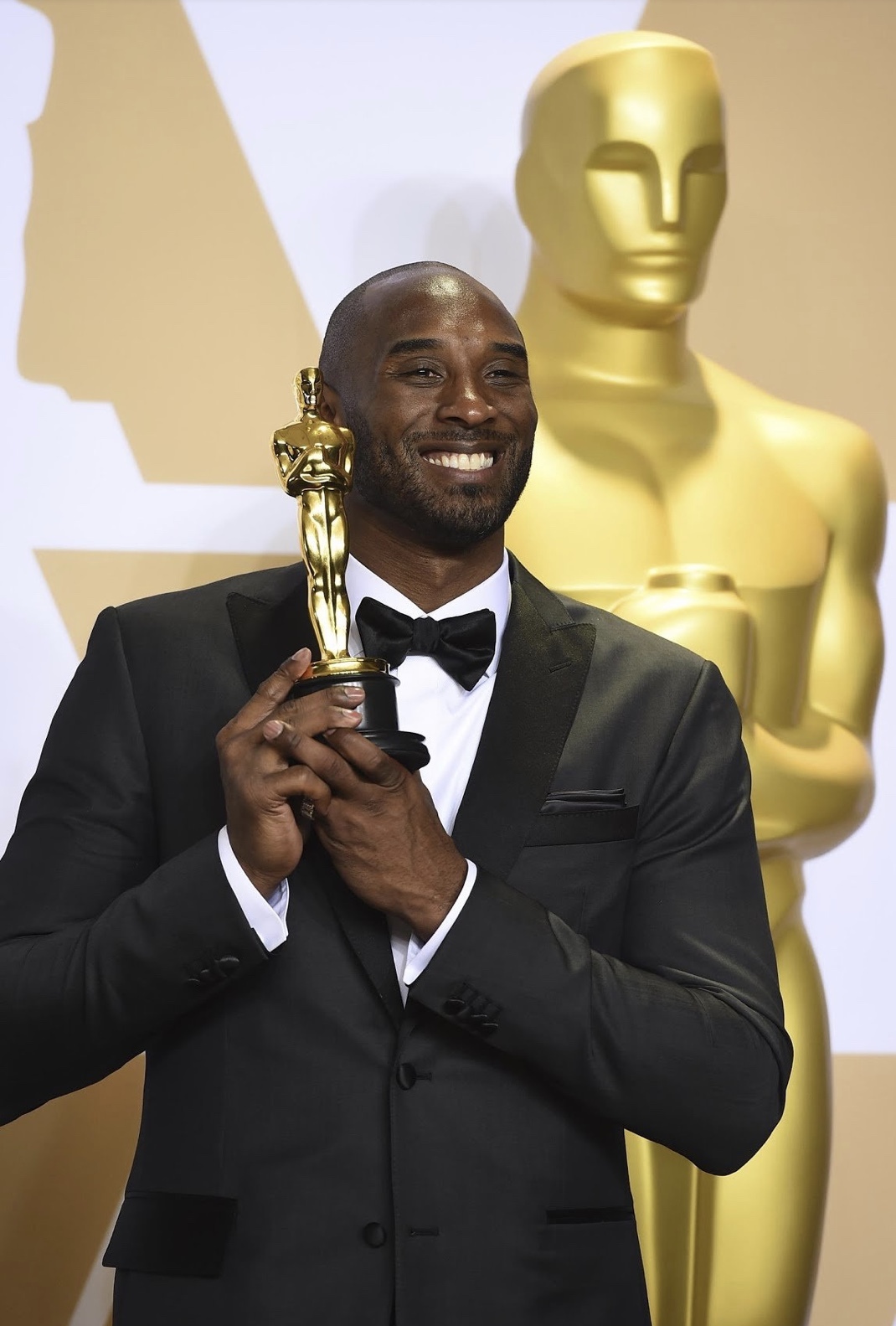
Kobe was ready for more, as he built a new team for a new career at the young age of 41. I was impressed with his presentation. He never spoke of his basketball days where he played with the Lakers, his only team, for 20 years and won five NBA championships.
He never talked about his shooting guard career on the court or his philanthropic deeds. He was focused on girls and women and opportunity and winning. He was a champion, a champion among champions. He knew how to win. He never spoke of living in Italy as a child and beginning to shadow his dad’s game at the age of three as he watched him play on TV.
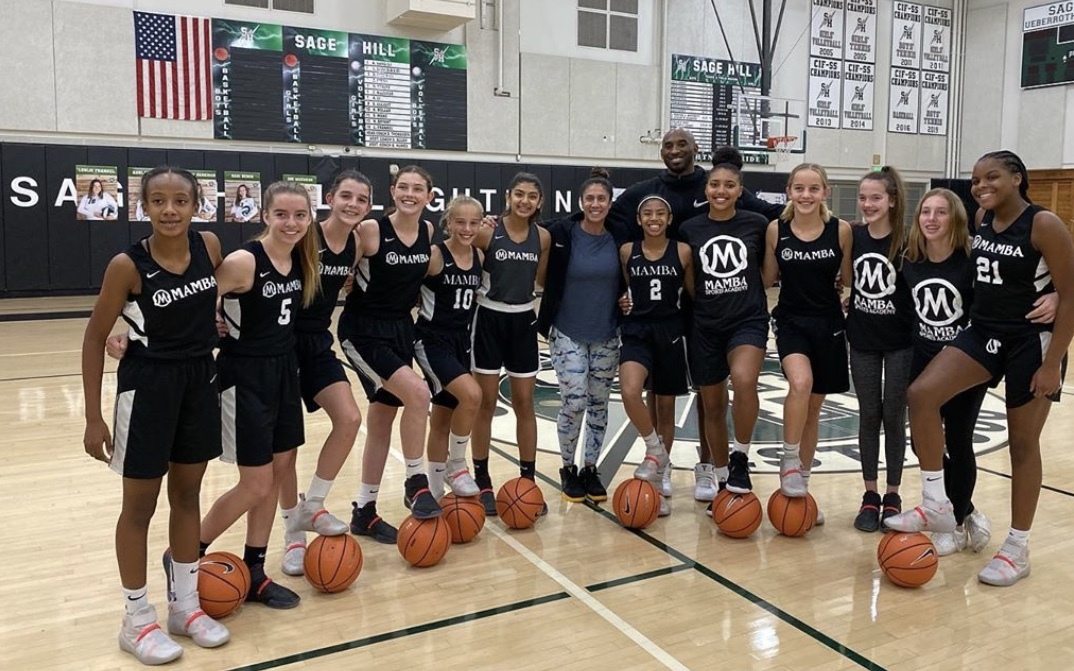
A question from the audience was, “Do you miss the game of basketball?” He said no, he had given it all he had and it was time for something else. He knew when to quit. He talked about the next generation that he was ready to groom.
The Importance Of Life
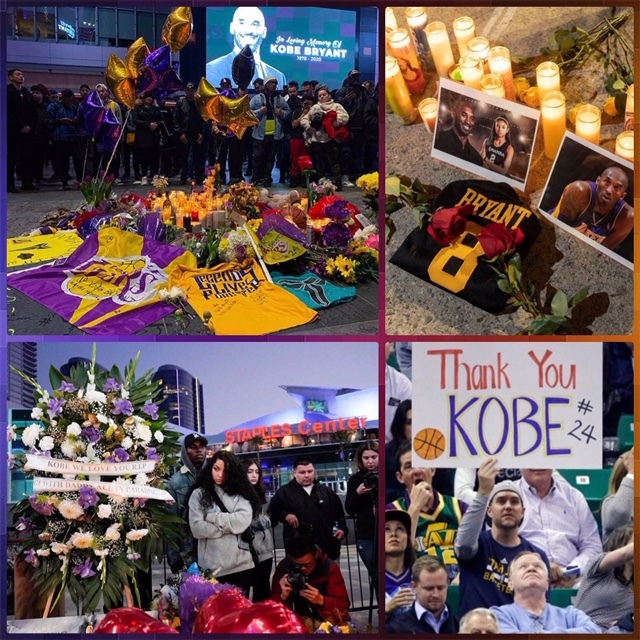
Kobe’s death touched and stopped the world. He made us all take pause to consider the importance of life and living and family. We live in moments. His death was a moment, and the world took notice and cried.
He was loved and admired and people cried who never knew him or saw him play. He had the “it” factor. He was all that and beyond. He had compassion and grace.
He was a father who was there, participating and taking his girls by the hand to teach his game, his win. Proudly he did this. The photos of him and his family, particularly his Gianna, bring tears to your eyes. You see and feel the love.
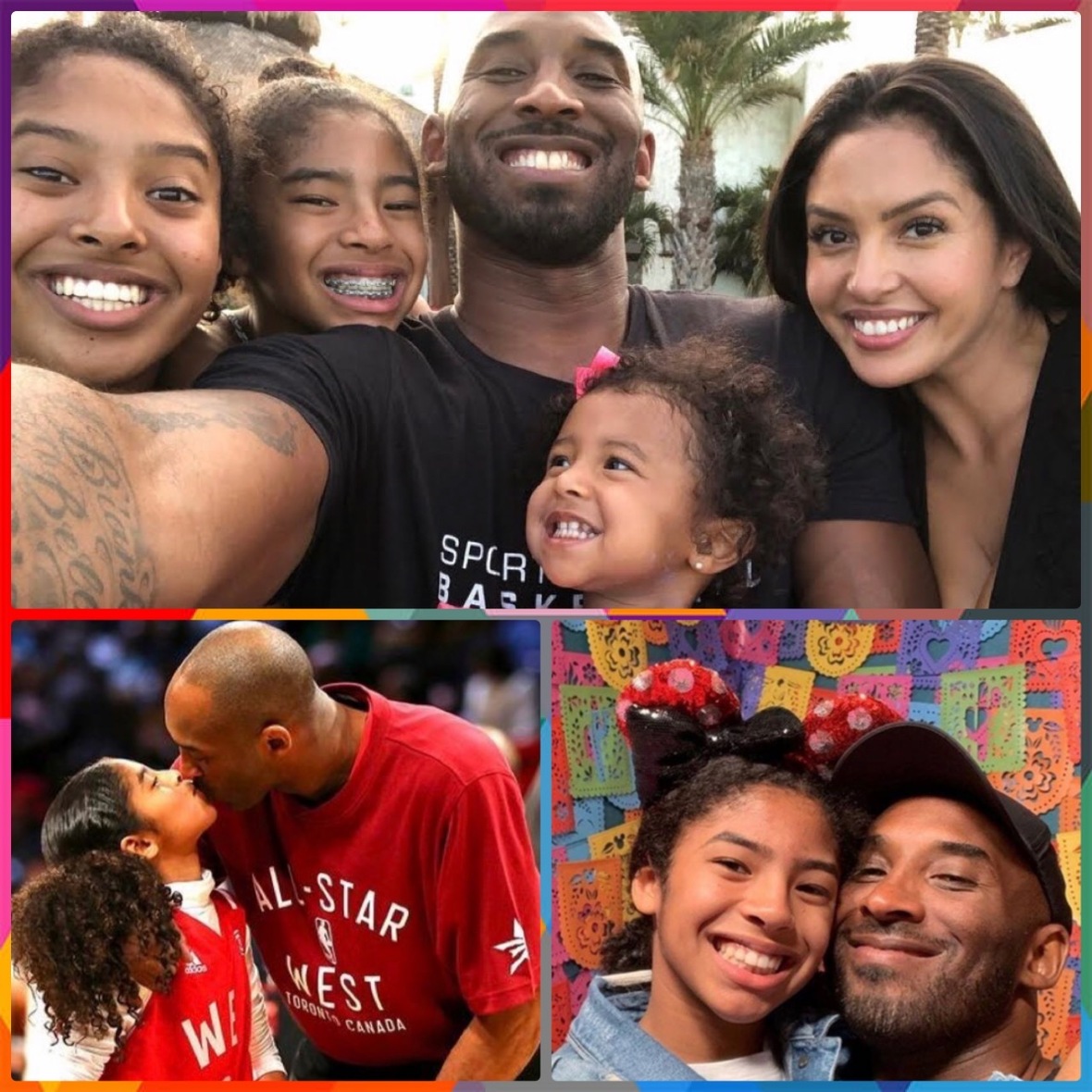
I am a daddy’s girl and as a child my father taught me business and what would be considered male things. My father was a hunter, big game, and always wanted to take me hunting with him and his crew. My mother objected. But when he came home, he talked about hunting.
As I grew older, I realized the lessons he was trying to teach me first hand. He wanted me to know how to hunt, how to go get your prey. It wasn’t the game, it was the thinking and the resourcefulness and the independence. I learned the lessons second hand, without the danger. I got the point of my own dad’s life lessons as I watched the salutes to Kobe, the girl dad. I wonder if my dad thought of himself that way.
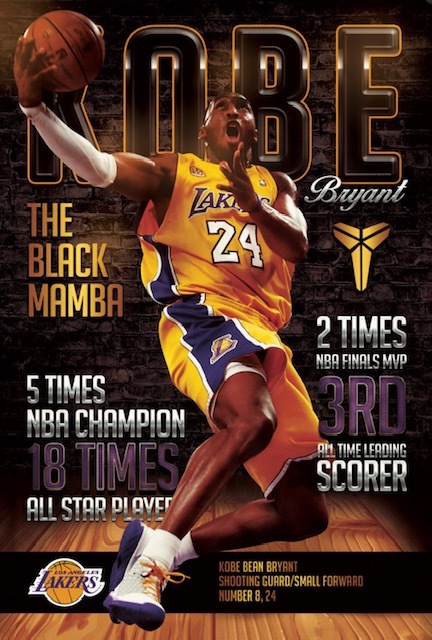
Kobe was his own man. He broke records from the time he began to play professionally at 17. He practiced daily shooting a thousand baskets, 500 in the morning and 500 in the evening. This was his routine. It is the routine of champions, to do what you do with practice. He said in one interview, “If you want to make history, you have to do something historical.” He did. He played his game better than most.
Kobe left us tragically, as he and eight others horrifically died in the helicopter crash on the way to a game that was just 12 miles away. It was his daughter’s game.
Kobe’s mode of travel in L.A. was the helicopter. It lifted him above traffic and expedited his travel. However, somewhere poor judgment was exercised. The mystery of his death remains a big question mark. Why would you fly in the helicopter in a blinding fog, instead of just driving the 12 miles?
The experts speculate that the pilot might have thought he could get above the fog or below it and could fly on instrumentation exclusively. The pilot may have become disoriented as he crashed into the mountain. The warnings were there. It was a mistake to go up in the helicopter with such a heavy fog.
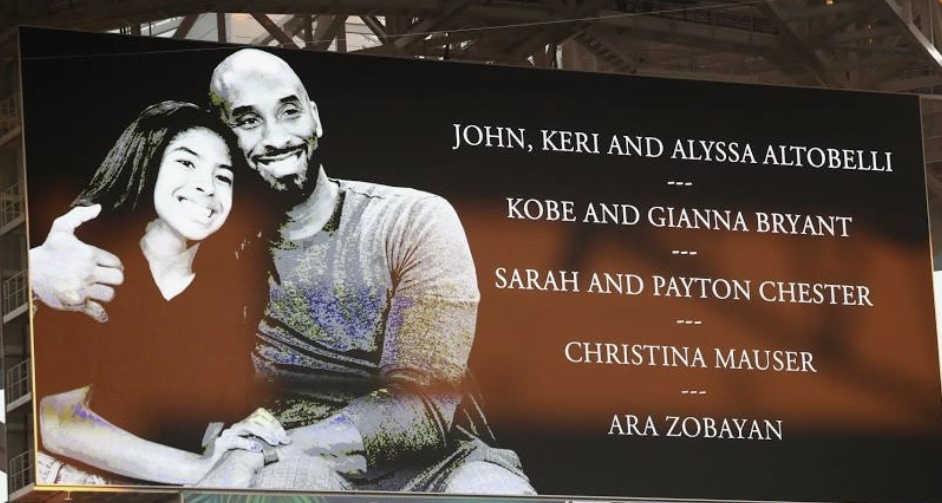
Law enforcement emergency helicopters had already been grounded. Where was the common sense factor? The pilot held their lives in his hand and his poor judgment caused a fatal accident, killing his passengers. We will wonder why and ask questions for years to come.
The moral of the story is that you cannot be in too much haste and common sense should always prevail.
Kobe was not perfect; he was a great guy, a real friend as he remembered life lessons. When he made a mistake, he corrected it and he grew into a better man. He knew who he was and he lived a beautiful life until 41.
We can all learn from his excellence. Black Mamba forever!
